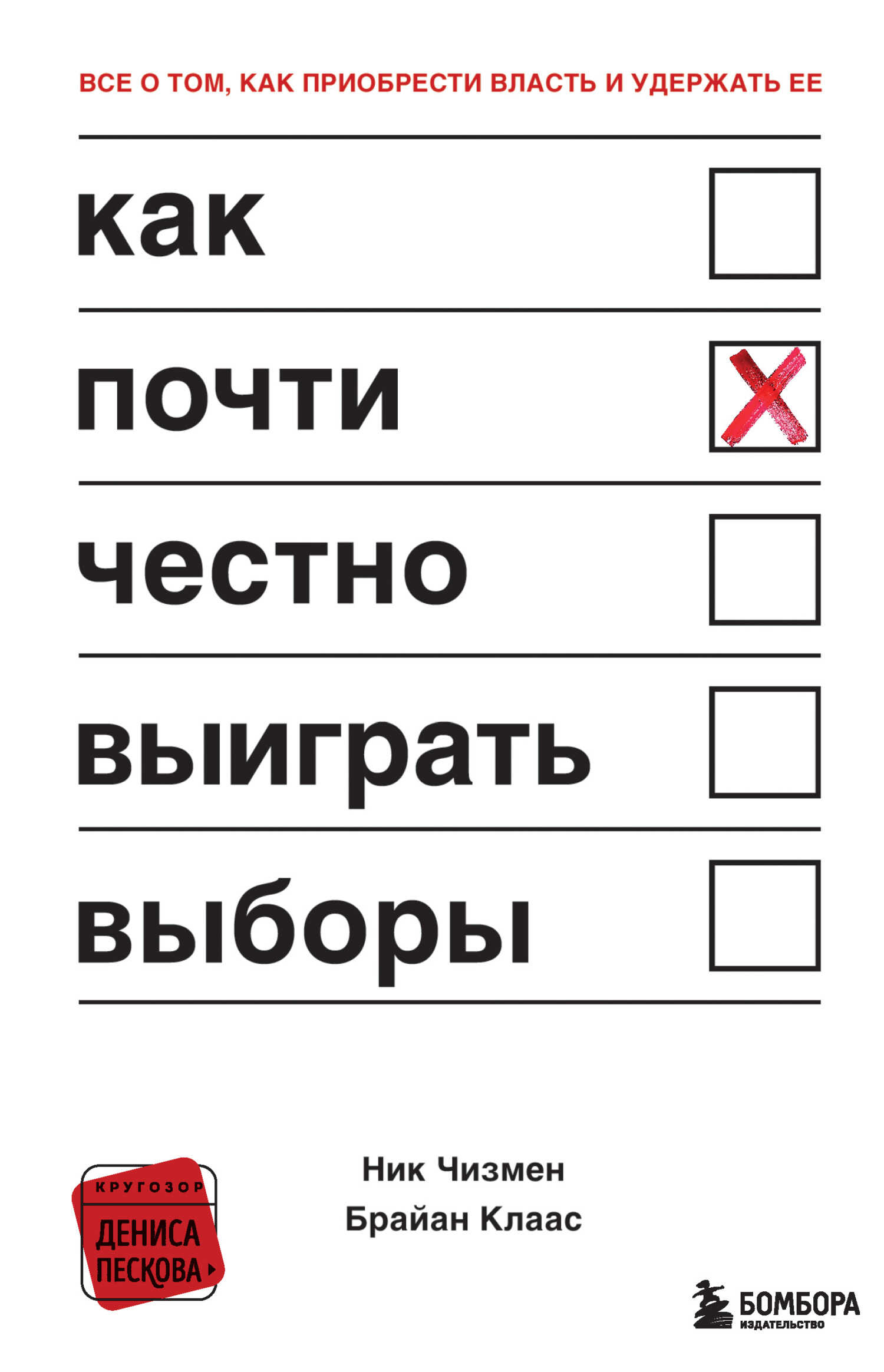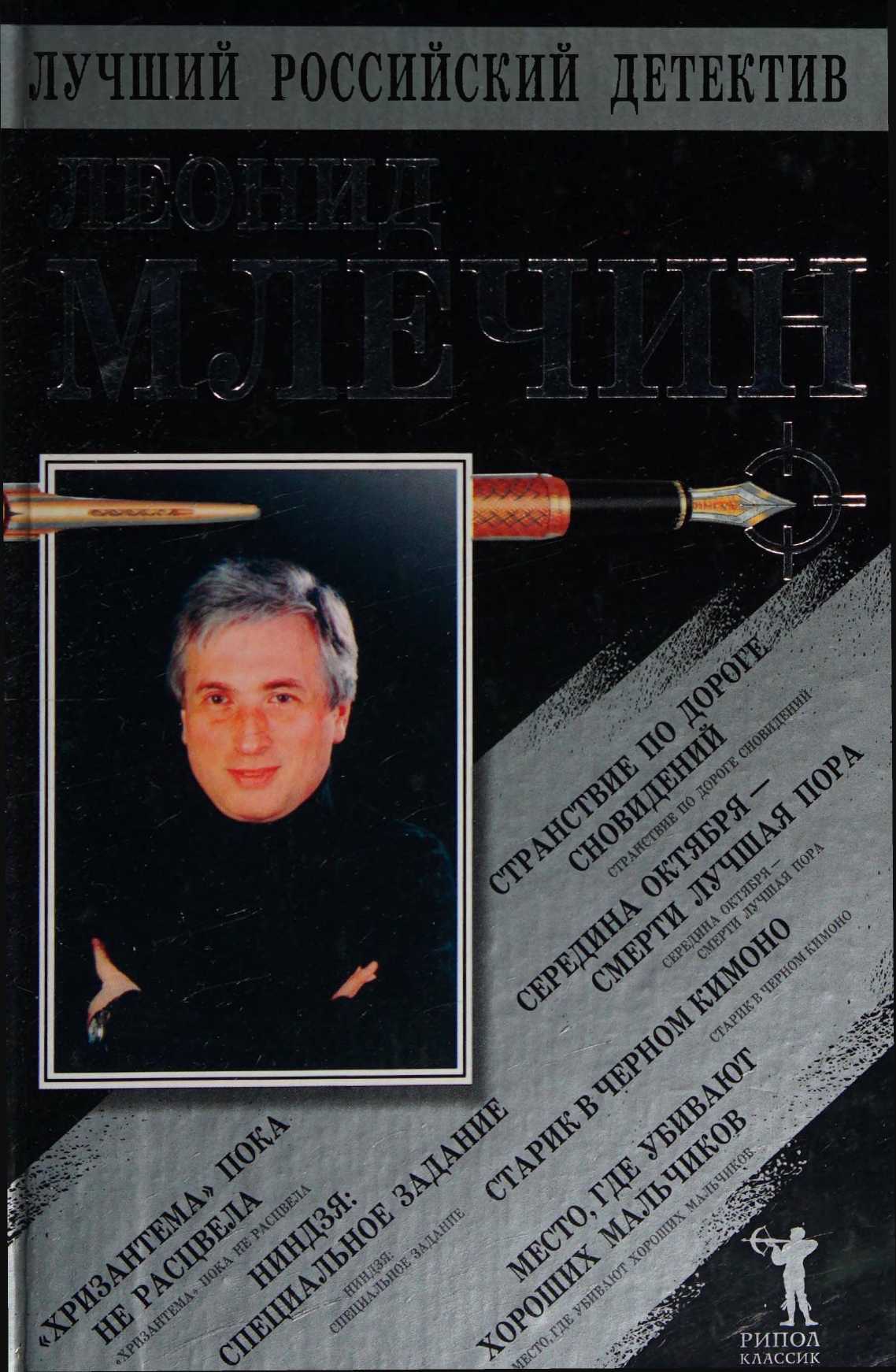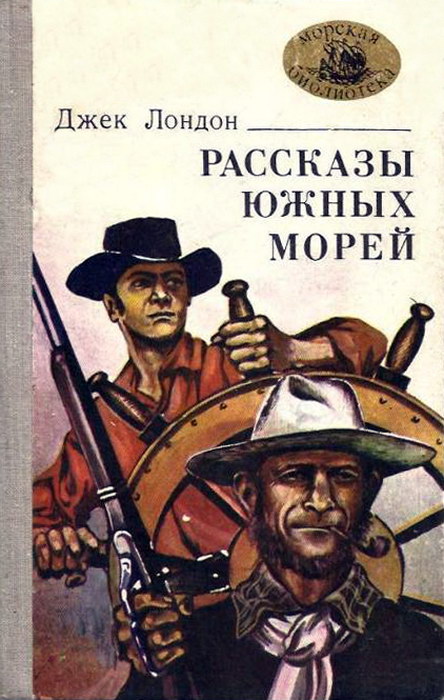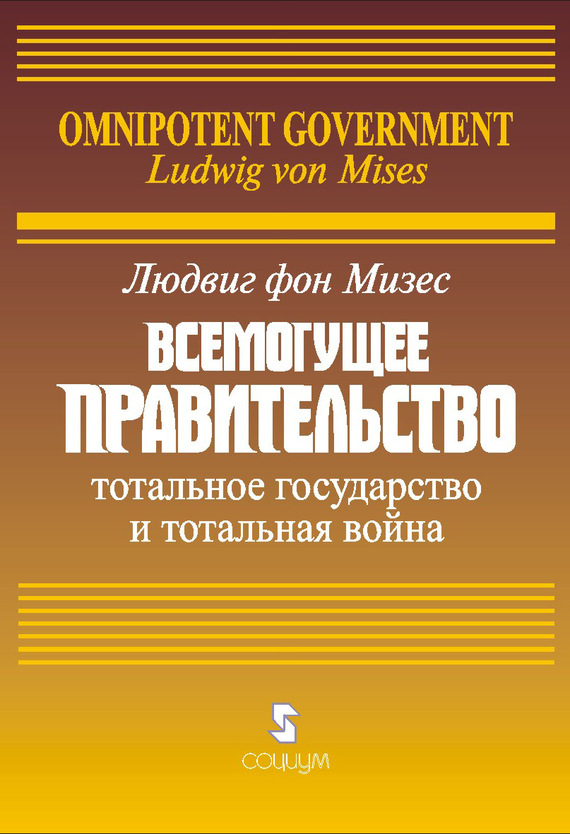Шрифт:
-
+
Закладка:
Сделать
Перейти на страницу:
Есть два пути к победе на выборах: честный и почти честный. Честный предполагает конкурентную и прозрачную борьбу за сердца избирателей. Почти честный – манипуляции с общественным мнением, запугивание оппонентов, управляемые нарушения на избирательных участках.Известные политологи Ник Чизмен и Брайан Клаас собрали «лучшие» мировые практики, позволяющие задержаться у власти чуть дольше. Они проанализировали опыт самых разных стран – от России до США и от Аргентины до Зимбабве и пришли к выводам, которые на первый взгляд могут показаться парадоксальными. Регулярное проведение выборов гораздо эффективнее запрета на их проведение – вопрос лишь в том, как именно эти выборы проводятся.В формате PDF A4 сохранён издательский дизайн.
Перейти на страницу:
Еще книги автора «Ник Чизмен»:





